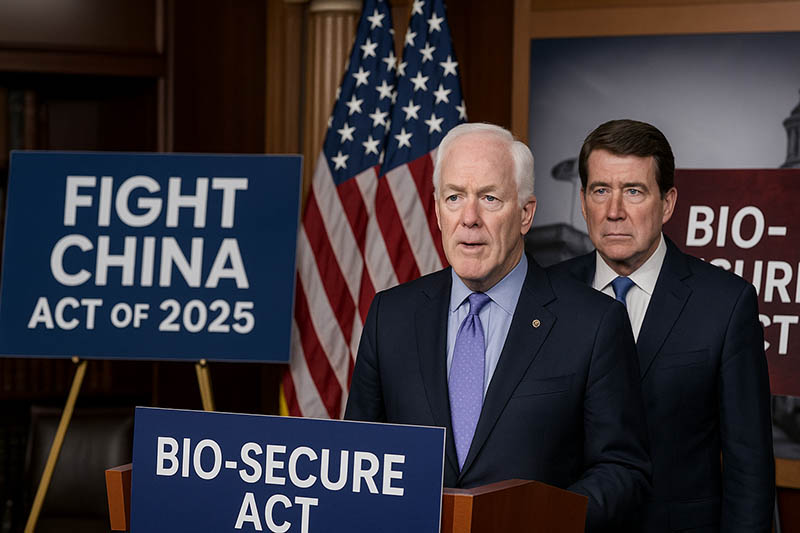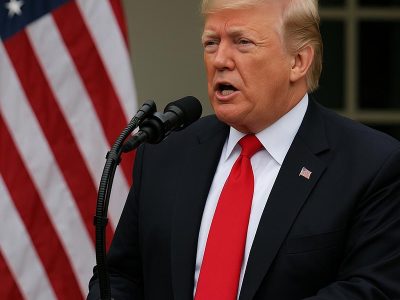Payam Javan: The U.S. Senate has passed two major bipartisan measures designed to restrict American technology, investment, and research from bolstering China’s military and biotechnology sectors. Included in the $879 billion National Defense Authorization Act (NDAA) for 2025, the new legislation — the “FIGHT China Act” and the “Bio-Secure Act” — reflects growing concern in Washington over China’s access to advanced technologies developed with U.S. expertise and funding. The NDAA passed Thursday night, marking a key step toward final approval after weeks of congressional gridlock.
Authored by Senator John Cornyn (R-Texas), the Foreign Investment Guardrails to Help Thwart (FIGHT) China Act of 2025 establishes oversight mechanisms to prevent U.S. capital and know-how from advancing China’s military capabilities in artificial intelligence, quantum computing, semiconductors, and other high-tech fields. The bill mandates regular reporting to Congress on U.S. investment in these areas and authorizes federal agencies to intervene in transactions deemed risky to national security. Cornyn and Democratic Senator Elizabeth Warren both emphasized that the measure will safeguard American innovation and limit the flow of critical technologies abroad.
Complementing that effort, Senator Bill Hagerty (R-Tennessee) introduced the Bio-Secure Act, which bars federal contracts, grants, or subsidies to biotechnology firms with ties to the Chinese Communist Party or China’s military. Hagerty warned that such companies pose security risks by collecting and analyzing genetic data worldwide, calling the practice a potential weapon in future forms of biological warfare. The bill aims to ensure that taxpayer funds are not directed to foreign biotech entities that could endanger the privacy and safety of U.S. citizens.
Together, the two measures mark one of the most significant congressional moves to counter China’s technological rise and reinforce supply chain security. Their inclusion in the NDAA underscores the growing bipartisan consensus around reducing economic and scientific interdependence with Beijing. The House and Senate Armed Services Committees will next reconcile their respective versions of the bill before it proceeds to President Biden’s desk for final approval.









